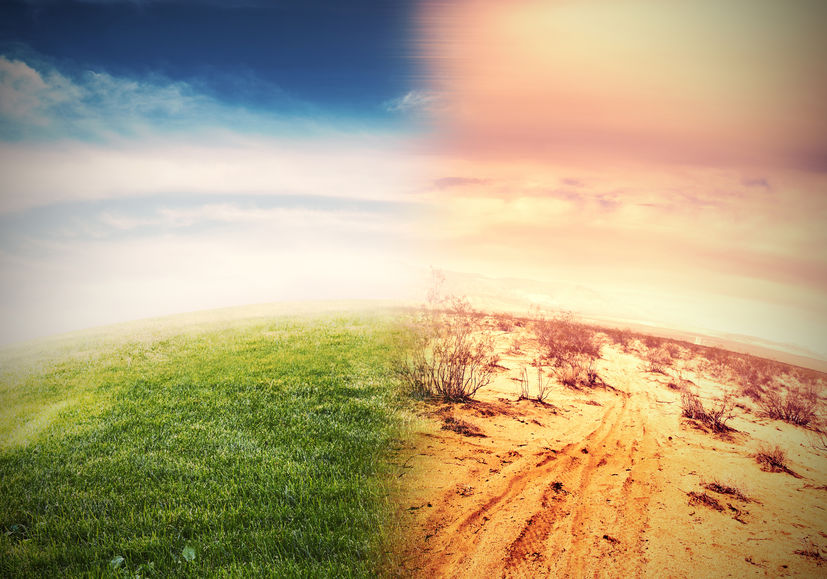
We all know how the quality of air that we breathe affects our life, how clean, fresh, oxygen-rich air is beneficial for our entire body and promotes our health, but the quality of the air affects not only the health and life of the human being – the health of animals is also impacted by the amounts of pollutants found in air. Here are some facts and thoughts on the topic.
What Is Air Pollution?
Beef industry news sources report that air pollution is the process of releasing solid particles, gases and aerosols into the air. These compounds and particles then modify the composition of the atmosphere and have direct harmful effects on the health of any living organism exposed to the polluted air as well as many indirect effects that arise from the fact that all natural systems are interconnected and rely heavily on each other for survival and growth.
Effects on Pets
The household pets exposed to polluted air for too long are at a higher risk of developing respiratory affections, skin problems, cardiovascular diseases and tumors than the pets that breathe healthy, fresh air. The pets that are frequently taken out for walks in heavily circulated areas are even more at risk because their body height makes them more vulnerable to inhaling the exhaust gas of cars.
Effects on Birds
Unfortunately, the creatures that move around high up in the air and build their nests at heights are also exposed to severe risks because of air pollution. The biggest harm is caused by the power plants that burn coal, but any uncontrolled or poorly controlled industrial activity can be harmful for avian creatures. They are also affected indirectly, by the pollution of wetlands and of other types of land where they hunt for food.
Effects on Fish
When polluted air meets rain, the resulting precipitation becomes acidulous. When that acid rain reaches into streams, rivers and lakes and the pollutants collected by the rain from the air are transferred into the natural bodies of water, the fish living in those waters can suffer from respiratory distress and other forms of harm that has caused many fish species to disappear and continues to put other species at risk of extinction.
Effects on Insects
Insects are also very sensitive to air pollution. They sense and react to even the smallest changes in air quality and they are easily driven away from their usual habitats by any modification in the composition of the air around. As insects play an important role in the food chain, providing nutrition for birds, fish and other animals, the disappearance of insect species or a decrease in their population can have grave consequences for the species that feed on them.
The insect species that are the most resilient are also the ones that do not feed on organic waste. If air pollution can change the composition of the species that inhabit a particular area, driving away the species that do consume organic waste, the process can lead to an accumulation of organic waste in that area.


